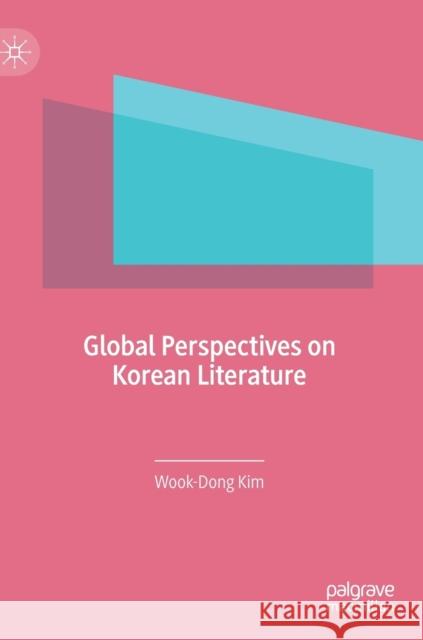Global Perspectives on Korean Literature » książka
topmenu
Global Perspectives on Korean Literature
ISBN-13: 9789811387265 / Angielski / Twarda / 2019 / 272 str.
Global Perspectives on Korean Literature
ISBN-13: 9789811387265 / Angielski / Twarda / 2019 / 272 str.
cena 342,14
(netto: 325,85 VAT: 5%)
Najniższa cena z 30 dni: 327,68
(netto: 325,85 VAT: 5%)
Najniższa cena z 30 dni: 327,68
Termin realizacji zamówienia:
ok. 16-18 dni roboczych.
ok. 16-18 dni roboczych.
Darmowa dostawa!
Kategorie:
Kategorie BISAC:
Wydawca:
Palgrave MacMillan
Język:
Angielski
ISBN-13:
9789811387265
Rok wydania:
2019
Wydanie:
2019
Ilość stron:
272
Waga:
0.62 kg
Wymiary:
21.01 x 14.81 x 2.39
Oprawa:
Twarda
Wolumenów:
01
Dodatkowe informacje:
Wydanie ilustrowane











